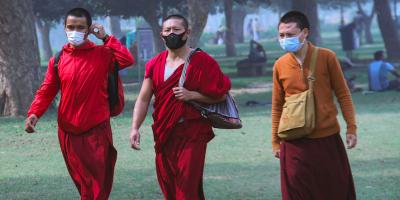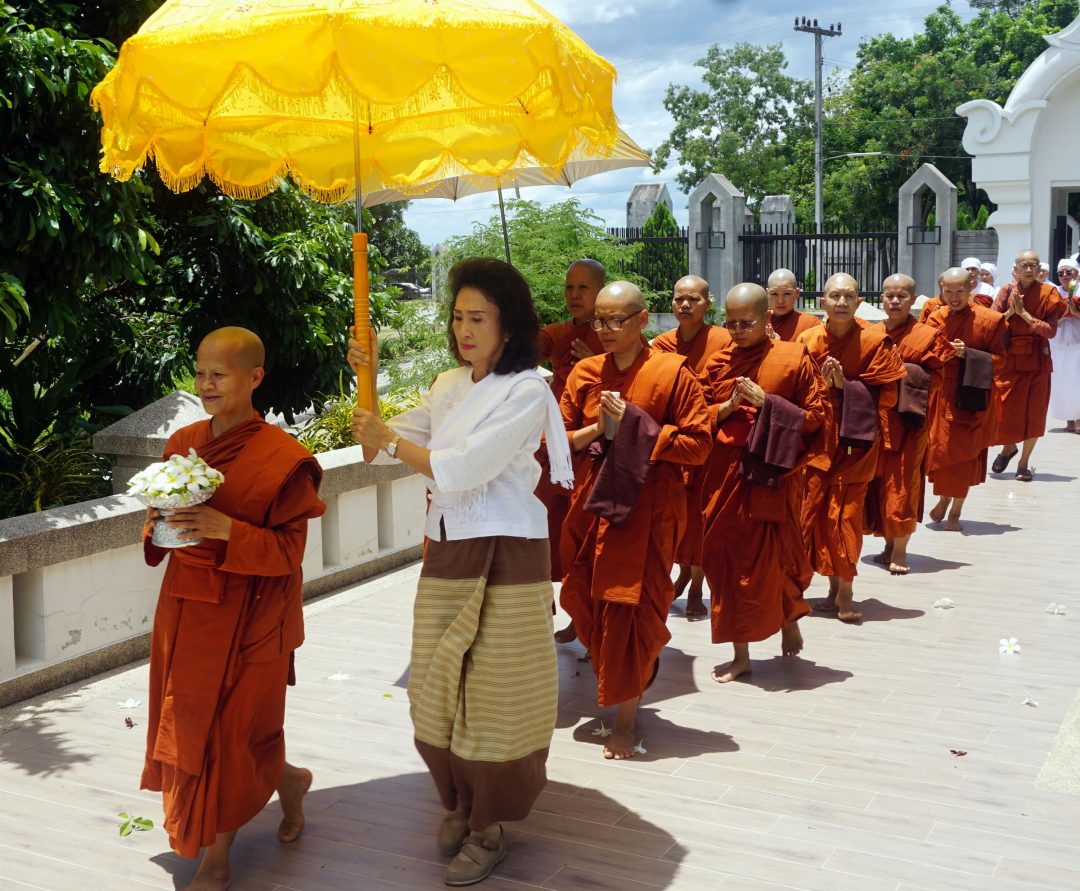In a fresh twist to the Chinese hawala racket probe, Indian intelligence agencies have found that main accused Charlie Peng was bribing Tibetan monks to buy their future support for a Chinese candidate to succeed Dalai Lama.
Sources within the government told media that close to 100 monks could have been paid lakhs of rupees in cash and bank transfers in the last two years. At least two monasteries in south India and the Majnu ka Tila Tibetan settlement is under the scanner of the agencies.
Monks in the Seramey Monastery in Mysore and the Drepun Loseling Monastery in Mundgod, a town in Uttar Kannada district, have been questioned by agencies about the source of funds they received. Forty-two year old Charlie Peng, investigators say, had “business interests in Bengaluru and often travelled there.”
Evidence first emerged during the Income Tax probe in this case when it was revealed that Peng gave nearly Rs 3 lakh rupees in cash to the ‘lamas’ or tye Tibetan monks. Associates of Peng allegedly confessed to the I-T department that they used to hand over cash packets to monks in Majnu ka Tila area at the behest of Peng.
Fresh probe suggests that bank transfers were also made. “There are unexplained transfers in the accounts of these monks. They could not give a satisfactory response when asked why this money was sent to their account. This requires a greater police investigation by the local police,” a central government official in know of the case told media.
Agencies say Chinese app We Chat, which has now been banned in India, was used to connect with the monks and the platform was also sometimes used to transfer money.
Officials say the Chinese Communist Party’s clandestine support to the Dorje Shugden movement is known, and using Peng to bribe monks could be one more step to reduce the influence of Dalai Lama over Tibetans. Shugdens are a sect of Tibetan Buddhism sect and worship. Dorje Shugden, a deity whom devotees revere as a protector. Dalai Lama discourages the practice, and the Shugden worshippers accuse him of persecuting them for their beliefs. Agencies are investigating if this schism is being exploited by China to destablise the hold of the spiritual leader on Tibetans living in India.


